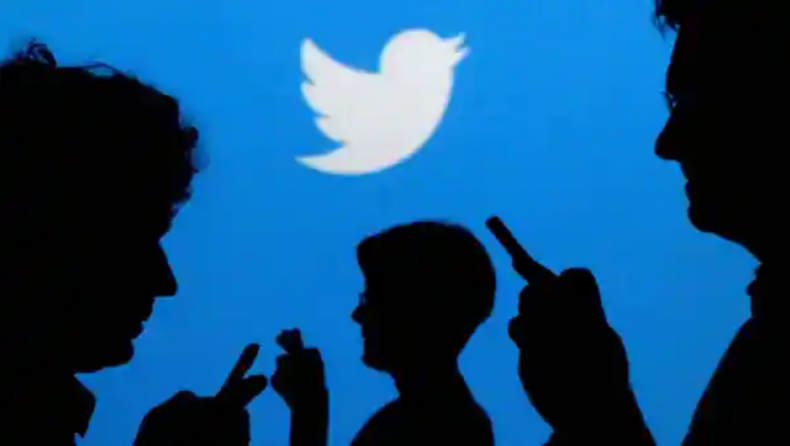While Twitter’s case may be painted as a Silicon Valley platform’s defiance of the GoI, at the core of the legal issues is the right to freedom of expression and the future of Digital India.
Twitter has filed a writ petition with the Karnataka High Court against the Ministry of Electronics and IT’s a week-long celebration of the eighth anniversary of the Digital India initiative. Far from dampening a moment of national pride, it exemplifies the Faustian deal of digitalization, which offers financial and social benefits in exchange for the surrender of our civil and political rights.
This is evident from the prime minister’s inaugural address, in which he introduced many online platforms for worldwide adoption and to facilitate the electronic delivery of government services. India has the greatest proportion of digital transactions in the world, has created effective online immunization platforms, and has even bridged the digital gap, according to the voice text accessible in Hindi. There is some truth to the claims made by the prime minister. In India, for instance, there have been 600 million internet customers, a tenfold growth in broadband access over the past decade.
The Karnataka High Court may soon get the opportunity to address this question when it answers to Twitter’s legal challenge to MEITY’s Section 69A Information Technology Act, 2000 directives to restrict tweets and even handles. As previously said, Twitter is a Silicon Valley-based international platform that trades in data to support its commercial activities.
Moreover, there are concerns with its own content moderation transparency procedures. However, it has been compelled to go to court to safeguard the integrity of its platform, and not out of arrogant disregard for India’s laws. According to legislative data, the number of such directives has increased by 1991%, from 471 in 2014 to 9,849 in 2020.
Twitter concealed a number of accounts and tweets in India, according to the most recent disclosures in the final week of June. Many of them belonged to politicians, journalists, activists, and even international think organizations like Freedom House. Similar occurrences occurred in February and April 2021, when allegedly removal orders were made for content related to farmers’ demonstrations and the Union government’s response to the second wave of Covid-19, respectively.
Concerning people’s rights, however, the necessity to rely on a voluntary procedure is problematic. It is also untenable since it may someday be threatened.
This legal challenge is not unique, and there are regulatory measures to expand government oversight of the internet. In a recently concluded public consultation to amend the Information Technology (Guidelines for Intermediaries and Digital Media Ethics Code) Rules, 2021, rather than addressing shortcomings identified by the cross-sectoral analysis, UN special rapporteurs, and high courts, free speech and privacy violations are being exacerbated.
A draught of the changes proposes the establishment of a Grievance Appellate Committee (GAC) as a government agency that would hear arguments against social media firms’ decisions to delete or not remove information. The proposed revisions declare that the GAC would be a government-appointed body, but do not specify whether this body will allow content producers the right to a hearing or publish its orders.
While Twitter’s action may be portrayed as a Silicon Valley platform’s defiance of the Indian government, the underlying legal problem is the future of Digital India and freedom of speech.













